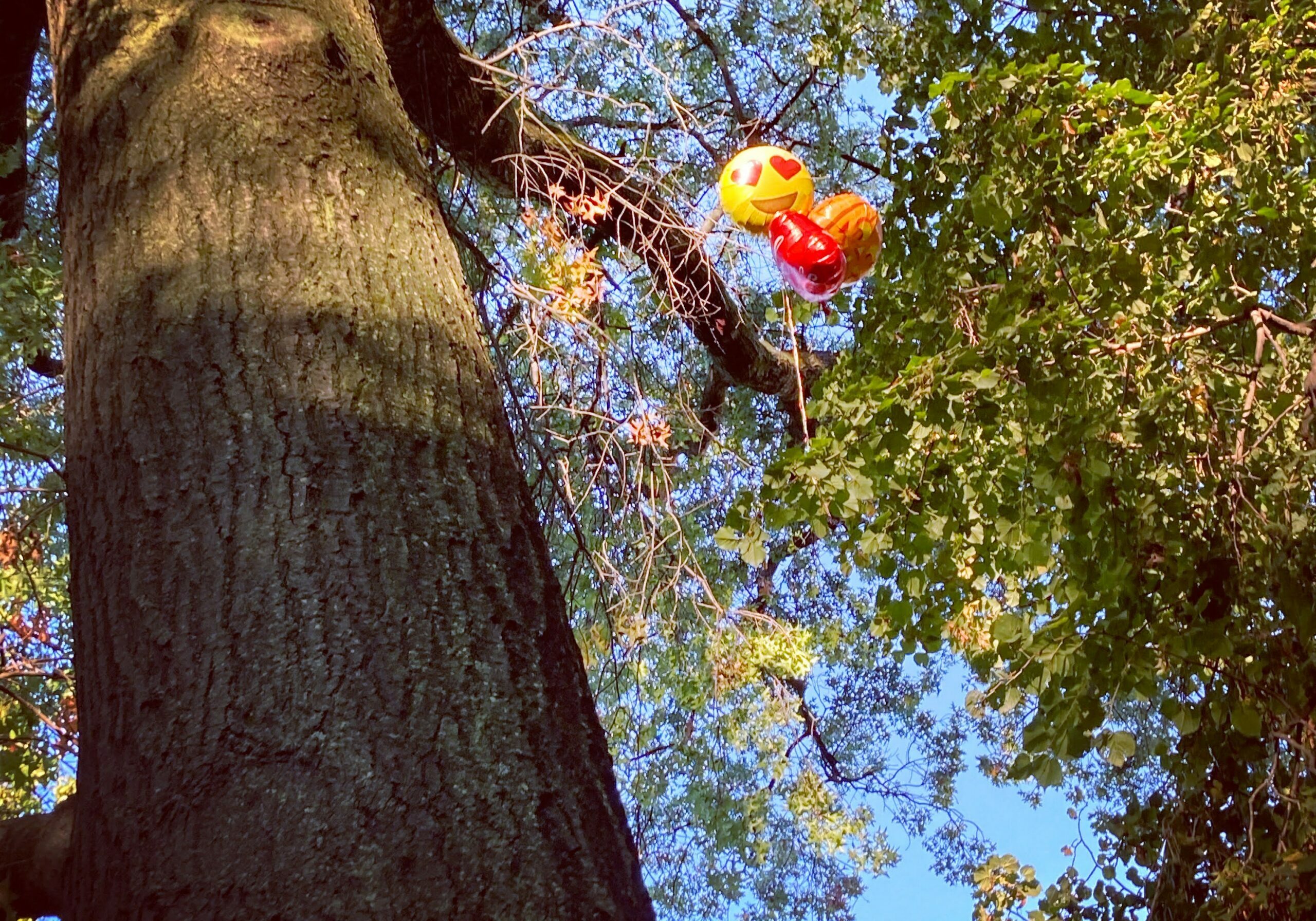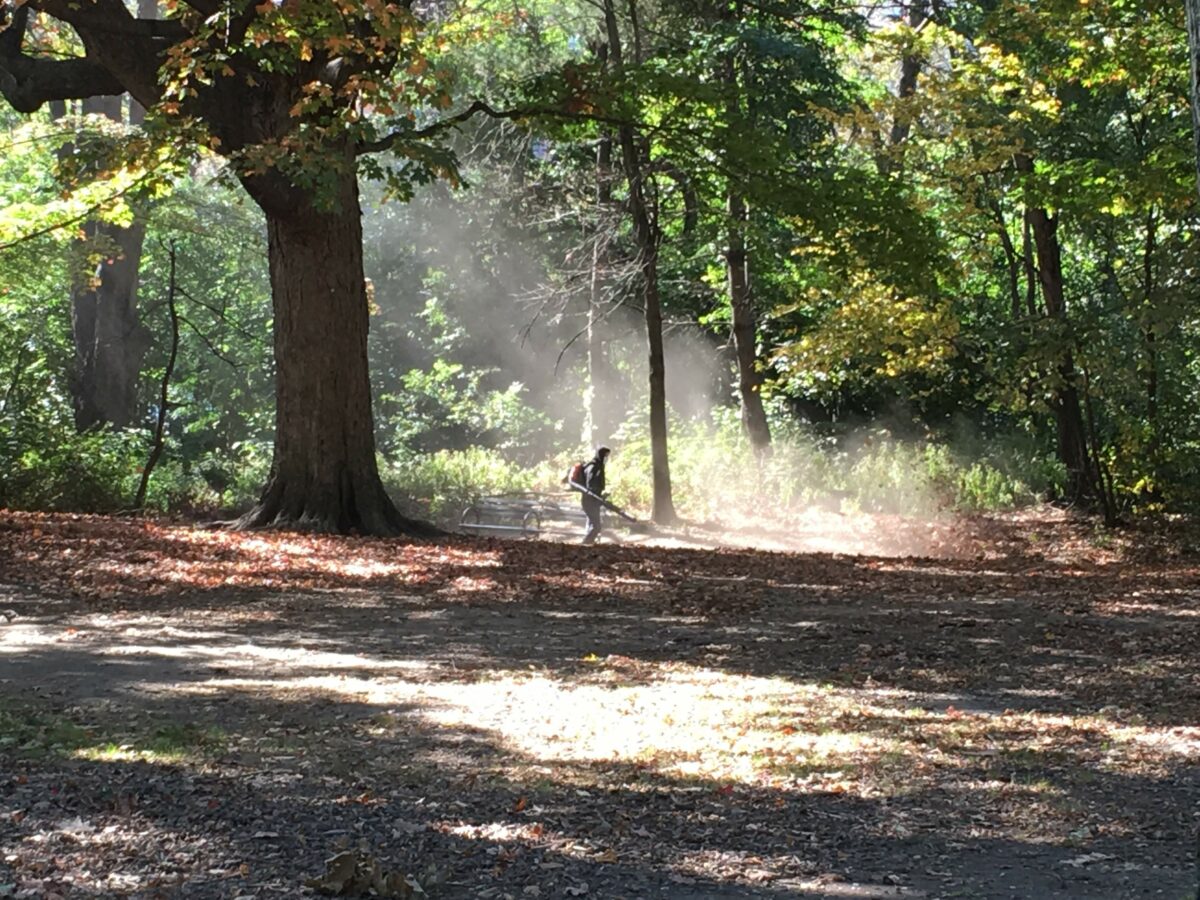October 12, 2023
Beatles, rolling stones, demon worshippers

Although inspiration has received little theoretical or empirical attention within psychology, there are researchers who have boiled it down to a science. I found this in the Journal of Personality and Social Psychology from 2020.
Scientists created this tool to measure the frequency with which a given person experiences inspiration in their daily lives.
Now, the test itself is fairly straightforward. People are asked:
Do you encounter or experience things that inspire you to take action? How often does this happen? And how deeply or strongly?
What’s interesting about their theory is, inspiration is said to be predominately a function of evocation. That it comes spontaneously without direct intention.
When we’re inspired, it feels like something that happens to us, rather than something that we choose or plan to experience.
And this facet of inspiration is undeniable. Anyone who’s spent any time doing creative work will tell you, sometimes, it just happens. The idea comes out of thin air and before you know it, you’re riding the thing like a longboard on a ten foot swell.
Leonard Cohen, the zen poet songwriter who always had a wonderful way with words, famously said:
“If I knew where the good songs came from, I would go there more often.”
But that’s precisely the challenge with evocation. Due to the ephemeral nature of the exchange, people might feel helpless to become inspired, considering the spontaneous nature of the process.
In my experience, contrary to what the research indicates, evoking doesn’t have to be the sole path to getting inspired.
There is another option most people overlook that puts substantially less pressure on both ourselves and the muse.
Rather than only evoking, we can also start invoking.
These two words might be confusing because they sound similar when we say them aloud. But their meanings are nuanced enough that it’s worth teasing out the distinction.
If we say inspiration is invoked, that implies we actively and intentionally summon or call forth it from within ourselves. We consciously tap into our own inner resources to locate it. It’s inside out rather than outside in. Which isn’t more or less potent of a motivating force, it’s simply different.
Anyone who has spent any time doing creative work will also tell you that sometimes, you have to just make it happen.
I was googling about the difference between evoking and invoking, and I stumbled across a group of individuals who take the idea very seriously.
Demon worshippers.
The people who practice occult, satanic and other dark practices. They believe demons are nonhuman, separable souls, or discarnate spirits which have never inhabited a body. And that all affairs of the universe are supposedly under the control of spirits.
And by the way, not all of these spirits in various cultures are seen as malevolent. Many are regarded as neutral or benevolent.
But what I found fascinating was this beautiful relationship humans have with such spirits.
In demon worship, spirits are said to be invoked, rather than evoked. Their power is called upon by request, not by command. It’s somewhere between casting spells and praying.
There’s one thread on a demonolatry message board that made the distinction as follows:
“Invoking means allowing the energy you have essentially linked yourself with inside of your body. It’s about the intention of letting inspiration happen. You permit the demon’s energy to permeate your body, mind and spirit. Whereas evocation, or summoning the energy outside of yourself, is allowing the being to manifest before you. This approach is not as rigorous or strict for either party. The summoner is not obliged to sacrifice anything, and the spirit is not obliged to follow through exactly with its promise either.”
You know, I’ve written hundreds of songs in my life.
- Some were dreadful pieces of angsty adolescent trash.
- Others were solid tunes that I played for a year, and eventually lost touch with.
- Certain songs I wrote in college for girls I was obsessed with, and when I played them for those girls in my door room, they called campus security.
- Even today, some songs solely serve as art therapy and never see the light of day. That was all they ever wanted to be, and that was fine with me.
- Meanwhile, a handful of songs have became genuine creative gems that I’ve been performing for decades and never get sick of, and my family and I sing them each year at Thanksgiving.
But one thing every song I’ve ever written has in common is, they’re all mine. I made them.
And nobody can take them away from me. Even if my digital recordings get erased by an artificial intelligence bot in the impending cyber apocalypse, those songs will still be inside of me, forever.
Point being, while many of my songs were evoked through a blinding flash of inspiration, many of them I had to will into being through my own conscious efforts.
There was no waking up in the middle of the night, grabbing a pen half asleep, scribbling down a phrase like scrambled eggs on my notepad, and penning the greatest ballad ever written.
Beatles fans know this rock origin story. Paul McCartney dreamed the entire bloody melody before he even arranged the music. He said the damn thing fell right out.
He had a piano by his bedside, tumbled onto the floor, put his hands on the piano keys, and had the whole tune Yesterday in his head.
It was just all there, a complete thing. Paul said couldn’t believe it. It came too easy.
And sure enough, this sparse and haunting love song became the most covered song in history, with over two thousand versions having been recorded.
Now, this might be one of the most mythological origin stories in all of music, but what’s important to remember is, it almost never happens in real life to real people.
Paul McCartney was an exception. The man is not of this earth,
For the rest of us mere mortals, the probability of that level of evocation is functionally zero.
Satisfaction, another classic song, is claimed to have been evoked in the very same way.
Keith Richards woke up in the early morning hours and laid down the famous three note riff with his nearby guitar as he mumbled into a rolling tape recorder, I can’t get no satisfaction.
Waking up the next morning in his hotel room, he played back the tape and heard the seed of what would become another rock and roll classic.
Minus the snoring sounds.
Once again, this almost never happens. These are two exceptional examples of insanely gifted people whose level of creativity none of us will ever hold a candle too.
As such, evocation cannot be relied on. It’s nice work if we can get it, but in reality, most of us are less like beetles and rolling stones, and more like demon worshippers.

